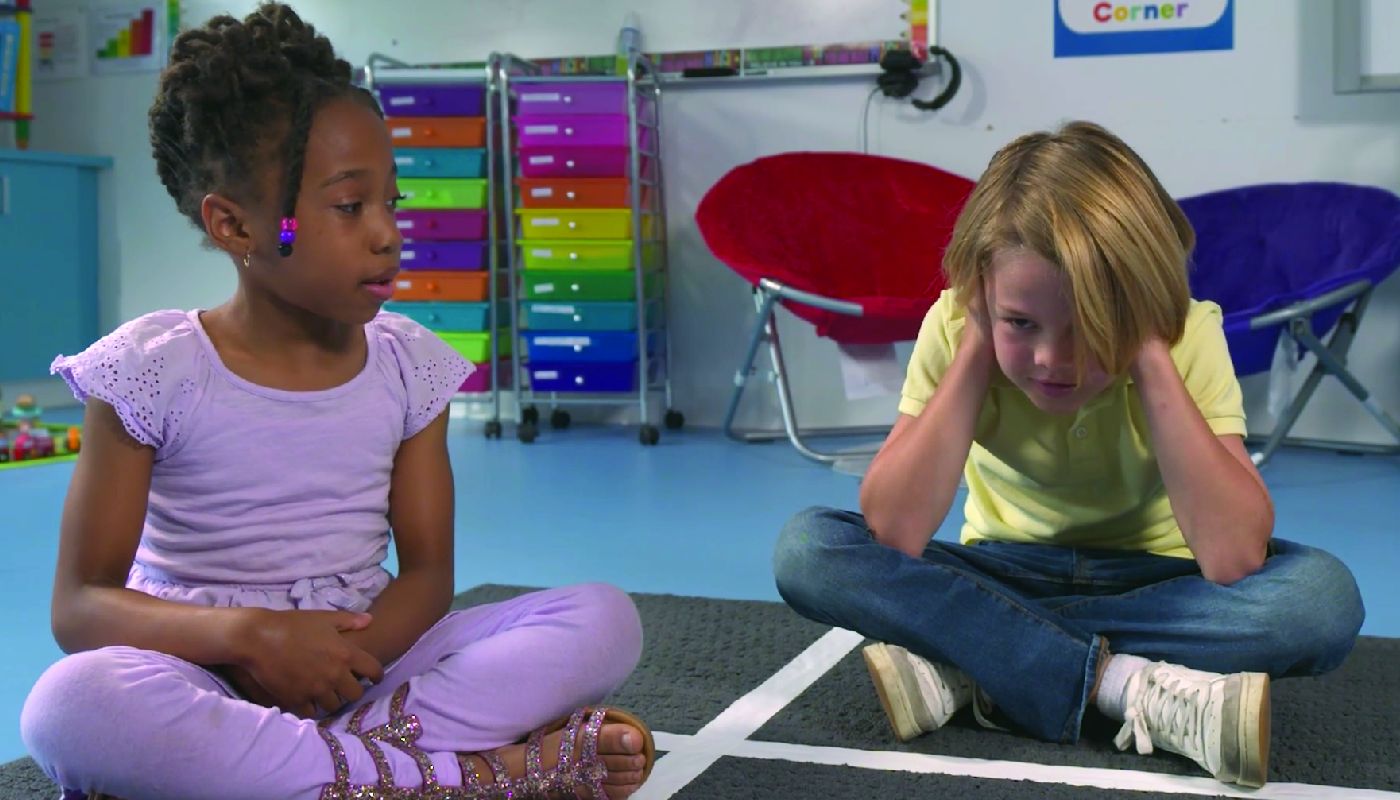Introduction
Educators often face the challenge of helping students manage noisy or overwhelming environments. In this blog post, we will discuss an activity and a set of discussion questions designed to help students develop coping strategies for such situations. Incorporating principles of Social-Emotional Learning, these resources will enable students to better understand their emotions, communicate their needs, and adapt to changes in their surroundings.
No-Prep Activity: The Noise Management Game
This activity requires no preparation or materials from the educator. To begin, have the students sit in a circle. Explain that you will be creating various noises, and the students’ task is to practice coping strategies to manage their reactions to these sounds. Some suggested strategies include deep breathing, counting to ten, or visualizing a calm and quiet place.
Start by making a series of noises, such as clapping hands, tapping on a desk, or humming. As you create each sound, encourage the students to practice their chosen coping strategy. After a few rounds, ask the students to share their experiences and discuss which strategies worked best for them. This activity not only helps students develop their own coping mechanisms but also fosters empathy and understanding for their peers who may be more sensitive to noise.
Discussion Questions
- How do you feel when you are in a noisy environment? What emotions or physical sensations do you experience?
- What strategies have you tried to cope with noise in the past? Which ones were most effective for you?
- How can you communicate your needs when you are feeling overwhelmed by noise? What words or phrases can you use to express your feelings and ask for help?
- How can we support our classmates who may be more sensitive to noise? What can we do to create a more inclusive and comfortable learning environment for everyone?
- Why is it important to be aware of our emotions and reactions to noise? How can this awareness help us develop better coping strategies?
Related Skills
There are several related skills that can help students manage noisy environments and improve their overall well-being. Some of these skills include:
- Self-awareness: Understanding one’s own emotions, strengths, and limitations
- Self-regulation: Controlling one’s emotions and behaviors, even in challenging situations
- Communication: Clearly expressing one’s thoughts, feelings, and needs to others
- Empathy: Understanding and sharing the feelings of others
- Resilience: Adapting to change and coping with stress or adversity
Next Steps
We hope that this blog post has provided you with valuable resources to help your students develop coping strategies for noisy environments. If you would like to explore more activities and materials to support your students’ Social-Emotional Learning, we encourage you to sign up for free samples of our resources at Everyday Speech. These materials cover a wide range of topics and skills, and can be easily incorporated into your existing curriculum. Sign up today and empower your students to thrive in any environment.






